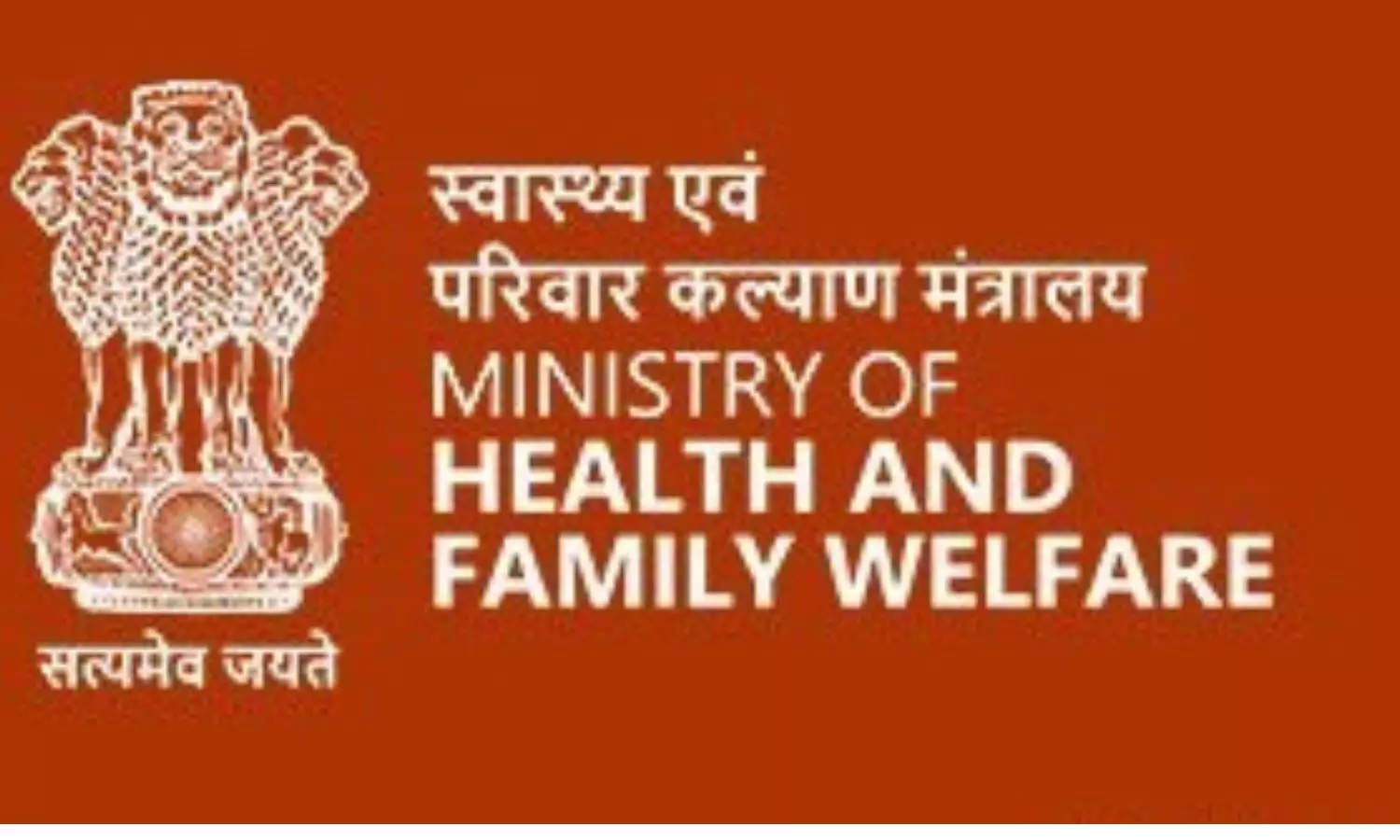Health Ministry Unveils New Draft Guidelines on Passive Euthanasia

New Delhi: The Union health ministry issued draft guidelines outlining conditions for the withdrawal of life support in terminally ill patients. Doctors are advised to make a "considered decision" based on several factors, including the patient being declared brainstem dead, a poor prognosis with no likely benefit from treatment, or a documented informed refusal from the patient or their family. Compliance with Supreme Court protocols is also required.
The guidelines also recommend that life support should not be initiated in cases where it is unlikely to benefit the patient, potentially causing undue suffering and loss of dignity. Terminal illness is defined as an irreversible or incurable condition, with death expected in the foreseeable future. Severe brain injuries with no recovery after 72 hours are included in this category.
The draft, which is open for public feedback until October 20, has sparked concerns within the medical community. Indian Medical Association (IMA) president Dr R.V. Asokan criticised the guidelines, arguing that they could expose doctors to legal scrutiny and add stress to their decision-making. He emphasised that such clinical decisions are already made in good faith and in consultation with patients’ families. The IMA plans to review the document and seek revisions.
The draft also addresses the legal principles established by the Supreme Court, which allows adult patients to refuse life-sustaining treatments, even if it leads to death. It further clarifies that life support may be lawfully withheld or withdrawn from patients who are no longer capable of making decisions, in line with their right to autonomy, privacy, and dignity.
Key points:
1. Conditions for withdrawal: Doctors may withdraw life support if the patient has been declared brainstem dead, the disease is advanced and not benefiting from aggressive treatment, or the patient/surrogate has documented an informed refusal to continue life support.
2. Life support in terminal cases: The guidelines suggest that life support should not be initiated if it is unlikely to benefit the patient, causing suffering or loss of dignity.
3. Terminal illness definition: The draft defines terminal illness as an irreversible or incurable condition where death is imminent. Severe brain injuries with no recovery after 72 hours are also included.
4. Legal and ethical considerations: The guidelines cite the Supreme Court’s stance that adult patients can refuse life support, even if it leads to death. Life support may also be lawfully withdrawn from those unable to make decisions, based on their right to autonomy, privacy, and dignity.

